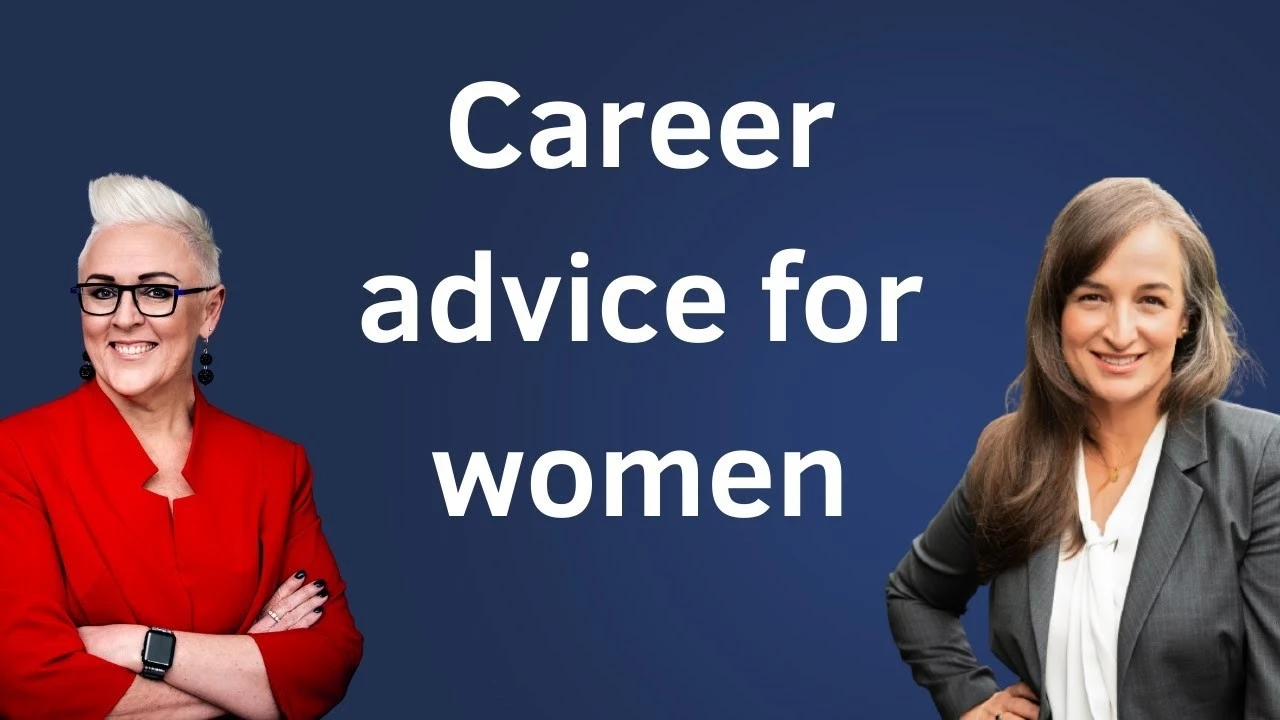Episode 37 - The Missing 33%: The CEO Confidant Improving Diversity and Inclusion in the Corporate World, with Michelle Redfern

Before I met Michelle Redfern, I had heard a lot about her from my friend and colleague Div Pillay, the Co-Founder of MindTribes, a diversity and inclusion consultancy. At MindTribes, I'm the head of the market strategy, and Michelle is Div's partner in MindTribes' nonprofit arm, CDW (Culturally Diverse Women and Workforce). Although we are both involved, we work on different projects, and our paths don't cross very often. Div always has lovely things to say about Michelle, so I wanted to know her better.
Michelle is an in-demand speaker and a regular contributor to the discussion about equality and inclusion in sport and business. So it was with great pleasure and gratitude that I got to know her better during this interview for The Job Hunting Podcast.
Michelle is the founder of Advancing Women in Business & Sport, an enterprise providing research and advisory services on equality, inclusion, and gender diversity. She works closely with some of the most influential CEOs and leaders in the country, supporting their organization's design and implementing diversity and inclusion strategies that work.
Michelle is determined to achieve global gender equality in her lifetime, primarily through her research and advocacy in the sporting industry. Her most recent venture, A Career that Soars! It is a private networking platform for corporate women to connect, learn from each other, and invest in their professional development.
So what did we talk about? She has a finger in so many pies, and I was so curious we had a very long chat.
And if you receive my newsletter, this week's curated articles include 3 of Michelle's best blogs; they are excellent reads. I also added some great research articles that complement this week's episode on diversity and inclusion and female career advancement.
But for now, here's my chat with Michelle - I hope you will enjoy it as much as I did.
Resources mentioned in this episode
Timestamps to guide your listening
Transcript of this episode
About the Host
Hello, I’m Renata Bernarde, the Host of The Job Hunting Podcast. I’m also an executive coach, job hunting expert, and career strategist. I teach professionals (corporate, non-profit, and public) the steps and frameworks to help them find great jobs, change, and advance their careers with confidence and less stress.
If you are an ambitious professional who is keen to develop a robust career plan, if you are looking to find your next job or promotion, or if you want to keep a finger on the pulse of the job market so that when you are ready, and an opportunity arises, you can hit the ground running, then this podcast is for you.
In addition to The Job Hunting Podcast, on my website, I have developed a range of courses and services for professionals in career or job transition. And, of course, I also coach private clients.
Contact Renata Bernarde
I’m determined to help you! I want you to feel empowered, nail your next job, and have the career you want.
My free resources for job hunters: The Optimized Job Search: Weekly Schedule & Masterclass.
Learn more about my services, courses, and group coaching: RenataBernarde.com
